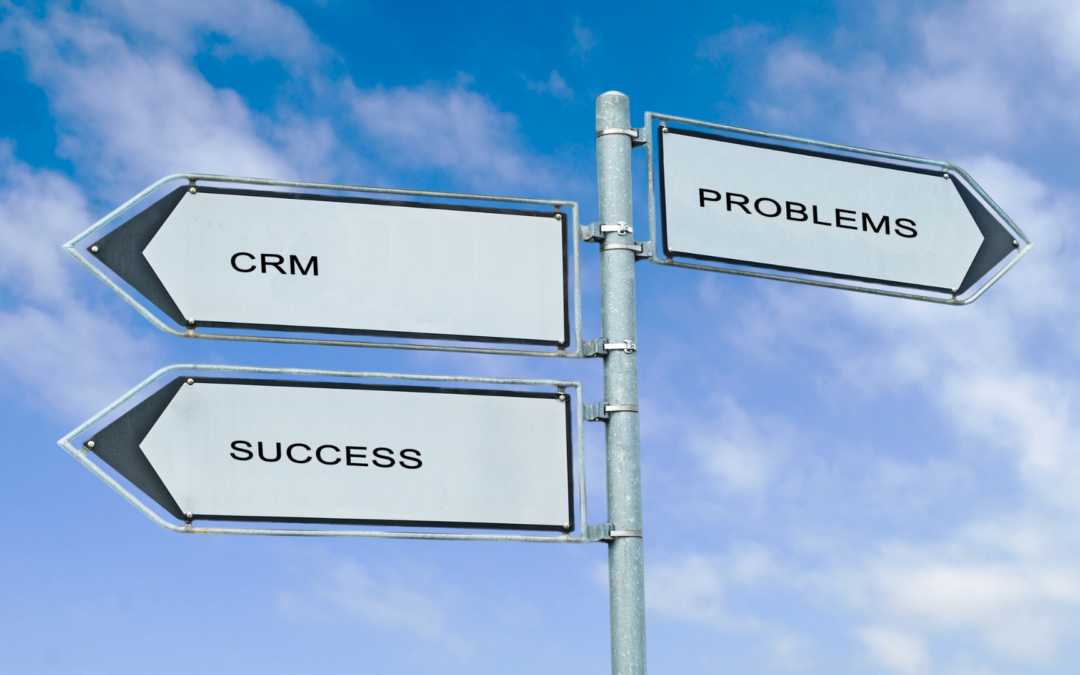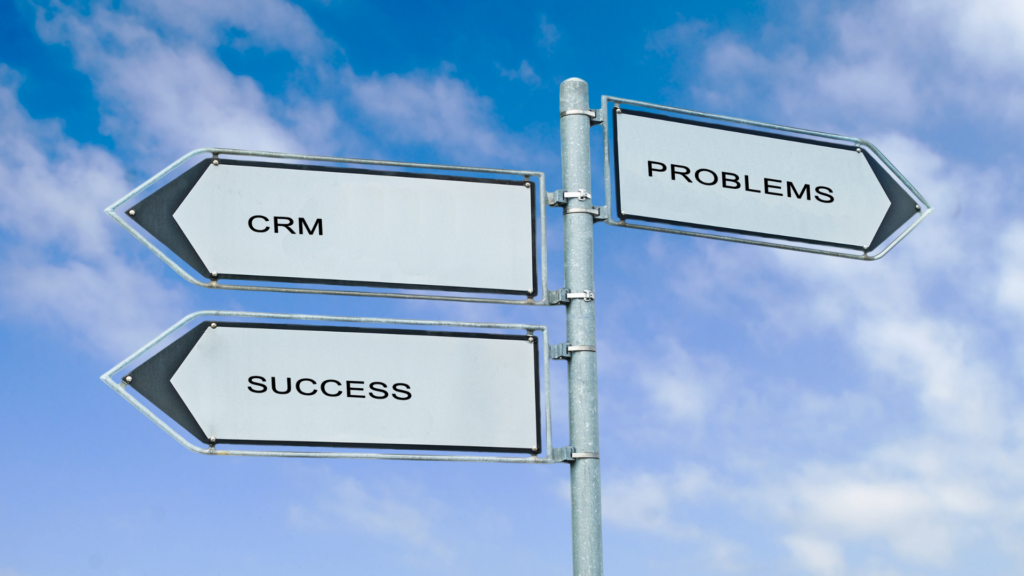
Speed Kills…In Sports AND CRM

Growing up playing sports, I always heard the line, “you can’t teach speed”. That made sense to me. No matter what level of conditioning an athlete has worked into, it doesn’t translate to faster when running.
This is not true when we relate speed to an organization. There are five key elements around the concept of speed when I work with our customers developing their CRM strategy and systems.
First, I want to be clear on what speed is when I use the term as it relates to business and the CRM system. I use speed to represent these components of a business:
- How fast can you convert a prospect to a customer?
- How fast can you make a decision that is data-driven?
- How fast can you report your top metrics in your organization?
- How fast can you change a process in your operations with accuracy?
- How fast can you know and solve a customer problem?
If you don’t know the answers to these questions, then your CRM system is not doing what it should be doing for your people and your customers.
Let’s dial in here. Don’t shy away from this concept. Your customers will feel it if you do.
Here are the key concepts that drive the answers to the questions above.
- Inputs to the CRM system are consistent among your users AND these users don’t have to spend a lot of time thinking about what and how to record events and activity. If this is the case, then the information is going into the system the same no matter who is inputting it. This drives reporting which drives decision making which drives speedy business.
- Timing of inputs is critical. I hear the statement a lot that says if events and activities aren’t in the CRM then they didn’t happen. I would take this one step further by requiring our team to make their entries daily. I don’t want to make a decision at the end of the day that doesn’t include that day’s business. This drive speedy, accurate decisions.
- If you are not targeting the proper buyers, your CRM system will reflect that if 1 and 2 are true and adhered to. If you are targeting the right buyers, those that you have proven need you, then your speed to make the sale will be optimized. Thus, if find a deal that is slipping or taking longer than your average number of days to make a sale, you need to quickly review the buyer persona for variances from your optimal buyer. I’m not supporting not making the sale if it takes longer, I’m an advocate of knowing why the normal process is taking longer than it typically does. So, know your sale’s cadence and keep it optimized by selling to the proper target.
- Follow your CRM’s documented sales process. This is so important. Why would you go through the work to create a continuously evolving and improving sales process, update it, and train on it, then not follow it? I see this a lot. Look, you know what it takes to make a sale. Whether the process is highly simple or highly complex, follow it. Be consistent, so that when you are reviewing your sales pipeline, you can make quick decisions, coach your sales team consistently and quickly, and rapidly respond to your stakeholders in terms of forecasted revenue and future cash flow streams.
In summary, speed does kill in sports. In business, speed kills too. But being slow and inaccurate kills faster. So, speed up your team’s approach in your CRM now. Don’t wait. If you don’t know what to do, call me. We will get you started on the training needed to speed up your performance for the benefit and value to your customer.
See more here, rockyourcrm.com, or call me, 501.777.8370.





